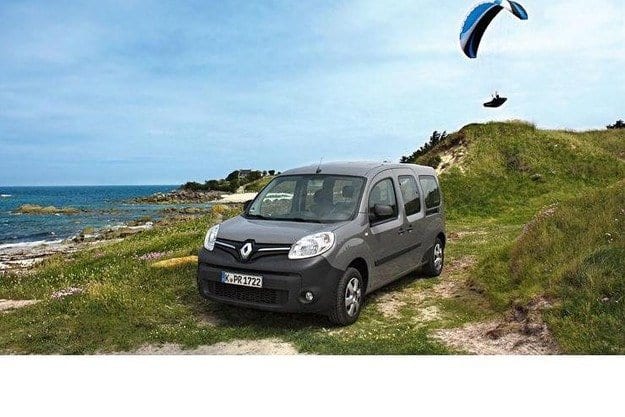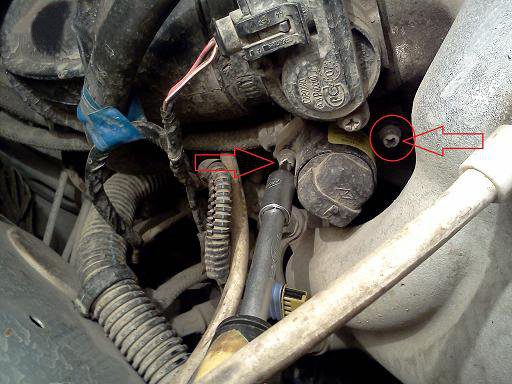
E-residency: there is your country, where you want
It has been possible to become a virtual citizen of Estonia for a long time. Soon a similar status will be granted by another country in the Baltic region, Lithuania. Other countries are also said to be planning such "services". What is the conclusion? What are the benefits of all aspects of an innovative enterprise?
Estonian e-residency does not give you any typical civil rights and obligations. If we pay one hundred euros because it costs so much, we won't be able to vote in elections in Estonia and we won't have to pay taxes there. However, we get a European identity, expressed in a few personal data stored in the cloud, and thus – full access to the European Union market.
We offer an identity
Estonian e-residency for its owner is a digital identification () offered by the state. Its owners also receive an identity card with a unique identification number. It allows you to sign in to services and digitally sign documents.
The most important group of recipients of the Estonian program are people from developing countrieswho live outside the European Union, who are usually 30 years of age or older, are entrepreneurs and freelancers. Thanks to e-residency, they can open a business and then a bank account and effectively develop their business.
The second category is third-country nationals, they regularly travel to Estonia. From now on, they get, for example, access to libraries, the ability to open a bank account and make purchases with payment authentication using e-Residency.
Other people interested in e-citizenship are the so-called Internet user community. They do not want to have access to specific services and opportunities offered by e-residency, but rather to belong to a certain group. Belonging to such a supranational community is a value in itself for them.
Estonian e-resident card
Estonia also addresses its proposal creators . Often start-ups move abroad and develop in an international environment. E-residency allows you to improve the process of document flow and decision-making, because people living in different countries can sign contracts digitally in a single system. Thanks to e-residency, a company can trust foreign partners.
Estonian virtual citizenship is attractive mainly to residents of non-EU countries who would like to sell freely, for example, on its territory. There has been a lot of attention lately on the Brits who want to avoid some of the nasty consequences of Brexit.
Recently, Estonia allows registered e-citizens to open online bank accounts based solely on this e-identity. It also provides cloud computing services for those interested in doing business. As NewScientist reported last November, more than a thousand e-citizenship-based companies have already been registered in the country. To be clear, Estonian e-citizenship is not a tax haven. Its users pay taxes not in this country, but where they are registered as taxpayers.
Estonian service is running with 2014 years This should be a profitable venture because Lithuania is introducing a similar form of identity. There, however, the legislative process has not yet been completed - registration is planned to begin in mid-2017. Apparently, the authorities of Finland, the United Arab Emirates and Singapore are also interested in introducing an electronic form of citizenship.
Virtual Silicon Valley
Virtual garage in Silicon Valley
Of course, nowhere does it say that the e-ID must be the same everywhere as in Estonia. Each country may offer such services and forms of participation in the socio-economic life of the country as it considers appropriate and beneficial to itself. Moreover, there may be forms of residence that deviate from patterns of statehood. Why not become, for example, a virtual resident of Silicon Valley and develop your business idea in a virtual garage?
Let's go further - why tie the whole concept to some land, region, city or country? Can't citizenship function like Facebook or Minecraft? Someone can even create a community of virtual colonists, say, Pluto, "settle" on this dwarf planet, live, work and do business there, trading plots of land on fields of nitrogen ice.
But let's get back to Earth... Because you don't have to move away from it to see the amazing consequences of the introduction of e-residences. “What will happen to e-Estonia and e-Lithuania if a war breaks out between the two countries? Will their electronic citizens scattered all over the world also be at war with each other?” asks Estonian program manager Kaspar Korjus in the November issue of NewScientist.

